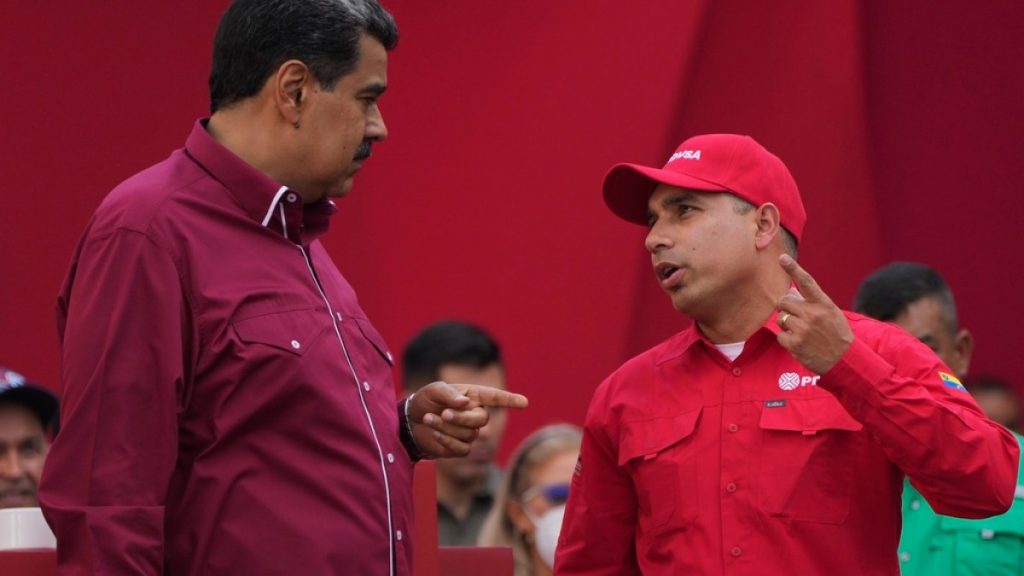Former Venezuelan oil minister Pedro Tellechea has been arrested for his alleged involvement in facilitating the illegal delivery of an automated control system to a company controlled by US intelligence services through PDVSA, the state-controlled oil company. Tellechea resigned from his position just days before his arrest, citing health problems. His arrest is the latest scandal to hit Venezuela’s troubled energy sector, which has seen a wave of criminal prosecutions of top oil managers and officials.
Tellechea’s arrest comes amidst a broader crackdown on corruption within PDVSA, with over 2,400 people arrested and at least 27 killed in protests against President Nicolas Maduro. The country’s petroleum minister, Tareck El Aissami, resigned last year following the detention of several high-level officials linked to corruption allegations. The government’s investigations resulted in the arrest of more than 200 individuals, including some of the country’s top oil executives.
The Venezuelan energy sector, once a major player in global oil production, has seen a significant decline in output due to political tensions, sanctions, and mismanagement. Former petroleum ministers like Eulogio del Pino and Nelson Martinez have also faced corruption charges, with Martinez dying in prison. Another ex-oil minister, Rafael Ramirez, is wanted by authorities and is currently in hiding in Italy. Despite these challenges, the country still holds the world’s largest known oil reserves.
The US has permitted oil giants like Chevron and Repsol to continue operating in Venezuela by applying for independent licenses, allowing them to maintain a foothold in the country’s struggling oil industry. The ongoing corruption investigations and arrests within PDVSA underscore the challenges facing Venezuela’s energy sector and the broader economy. At the same time, the country’s political instability and international sanctions have contributed to the decline in oil production, exacerbating the economic crisis.
Tellechea’s arrest is part of a larger effort to root out corruption and mismanagement within Venezuela’s state-controlled oil company. Despite the country’s vast oil reserves, political turmoil, sanctions, and internal corruption have led to a sharp decline in oil production. The government’s crackdown on corrupt practices within PDVSA has resulted in numerous arrests and prosecutions of top oil executives and officials, highlighting the pervasive nature of corruption within the industry.
While Venezuela continues to struggle with political and economic challenges, including a declining oil industry, the country’s energy sector remains a crucial pillar of its economy. The government’s efforts to address corruption within PDVSA and hold accountable those responsible for mismanagement are critical steps towards restoring stability and rebuilding the sector. However, ongoing political tensions, international sanctions, and a challenging operating environment continue to pose significant obstacles to Venezuela’s energy sector recovery.


